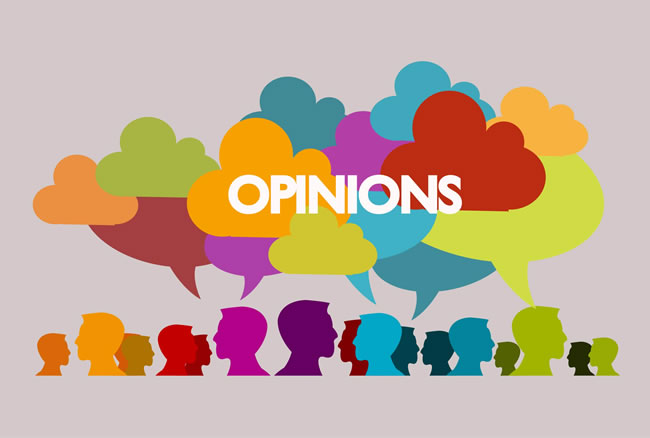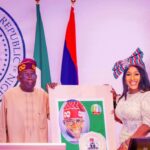IT has been almost three months since Nigeria swore in a new president in Bola Tinubu of the All Progressives Congress (APC) and it has been a few months of ‘great’ change.
Although Tinubu’s victory in the last general election is still being contested by his rivals, we have all come to accept that the fate of this country, for the next few years, might eventually lie in the hands of this veteran politician.
However, a lot of Nigerians, including this writer, have continued to ponder what the next years will be like given the seemingly harsh decisions that have been made by the current administration in just two months and two weeks.
The first major decision of the President, announced right on the inauguration grounds on the 29th of May, came as a shocker to many of us. With no prior alertness, Nigerians were thrown into frenzy by the removal of subsidy on fuel.
While a lot of people immediately cried blood with this decision, other people, including this writer were quick to defend his decision. We argued “although there will be some temporary discomfort, the removal of fuel subsidy will enable the government to use the funds to improve on the economy and maybe Nigeria will be back to its glory days when we were regarded as the giant of Africa.” To us, it seemed like a good idea — and to be honest, it still does but only if the funds being pulled out will actually be channeled into doing something worthwhile for the nation.
However, this decision hasn’t come without pains for the citizenry. While the price of fuel and virtually every other thing has increased, it remains to be seen if the earnings of the ordinary Nigerians have concomitantly improved. The price of fuel skyrocketed overnight and our usually busy roads have become substantially free — too free, if I may. The fuel subsidy removal has so far had far-reaching effects on almost every section of our national life.
Nigerians, known for our tough skin, have unarguably adjusted to this new development and we are doing our best to get by, just like we’ve always done. Several organizations, government-owned included, have had to reduce the work days of their employees to two or three just to make things easier. But for how long can this go on?
Commuting to work, however, is the least of the average Nigerian’s problems. Food, shelter, and clothing – the basic human needs – are now gradually creeping into the luxury category, as if things were not already hard enough. Many families can no longer afford three square meals and lots of parents have had to put their kids’ education on a pause in order to make ends meet.
This pain is not being felt by working-class citizens alone. One visit to a local market and you will hear endless complaints from traders whose costly goods have become a struggle to sell to consumers.
A promising light at the end of the tunnel shone when the president promised a new minimum wage for civil servants. But one wonders the number of private organisations, many of which are already struggling under the burden of high costs of production, that will be able to increase the salaries of their employees. To achieve that, they will, most likely, have to let go of a number of their employees who will now get thrown back into the labour market.
Meanwhile, with nothing but promises being offered to us, our leaders are going on various vacations that are being paid for with the taxpayers’ money and borrowed money as if we are not already neck-deep in debt. Even as the promises of a better economy and stronger evaluation of our currency have remained unfulfilled, the United States dollar – earlier this week – hit an all-time high whopping of 920 naira.
While Nigerians are continuously being asked by our leaders to make sacrifice and endure this pain, the system has continued to bleed with their lack of readiness to heed their own advice by cutting down on the cost of running the government and subsidising their own lives.
Our president said he wanted “the poor to breathe.” Fine. But are we breathing properly?
In all, we are choosing to have faith in this country, in our leaders, that they will do right by us. After all, what other choice do we have?
- Ishola, a Mass Communication student of the University of Ilorin, is an intern at Saturday Tribune.
READ ALSO FROM NIGERIAN TRIBUNE
WATCH TOP VIDEOS FROM NIGERIAN TRIBUNE TV
- Let’s Talk About SELF-AWARENESS
- Is Your Confidence Mistaken for Pride? Let’s talk about it
- Is Etiquette About Perfection…Or Just Not Being Rude?
- Top Psychologist Reveal 3 Signs You’re Struggling With Imposter Syndrome
- Do You Pick Up Work-Related Calls at Midnight or Never? Let’s Talk About Boundaries







